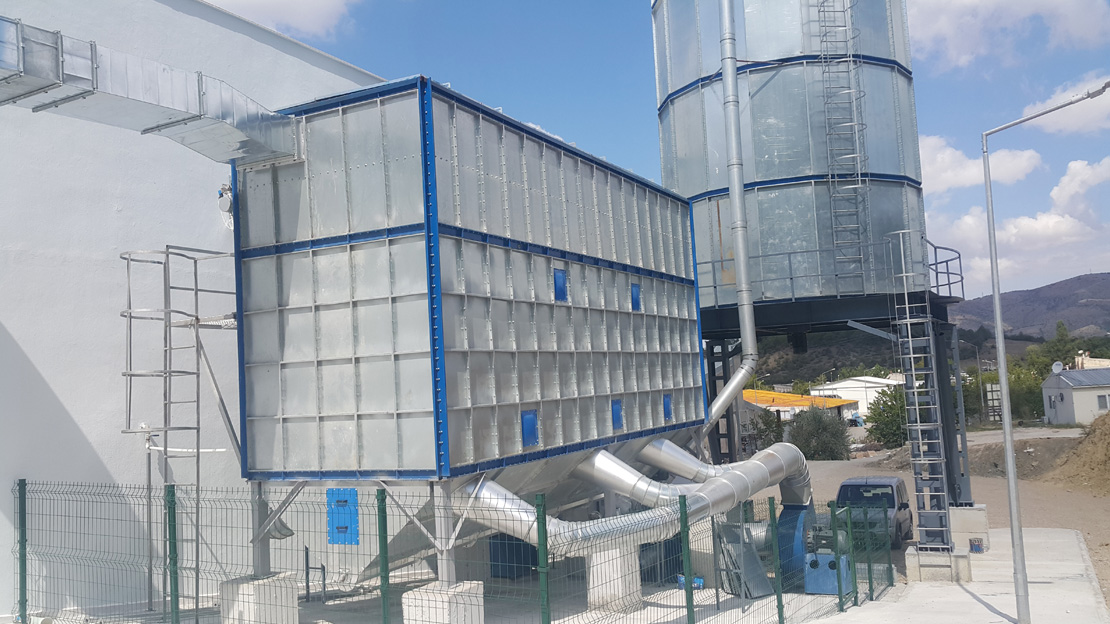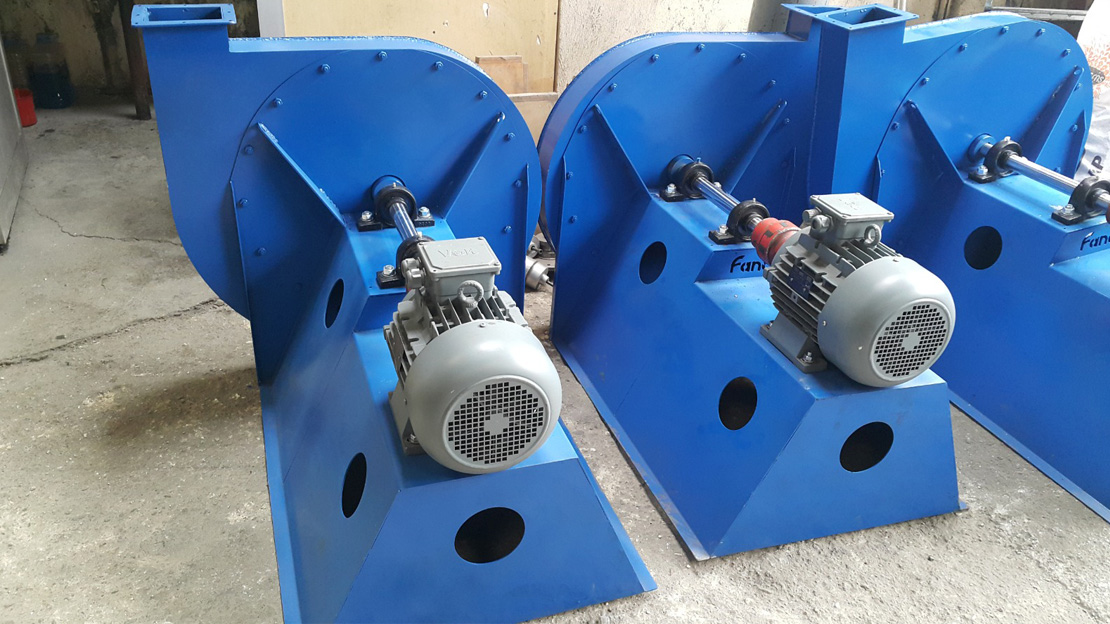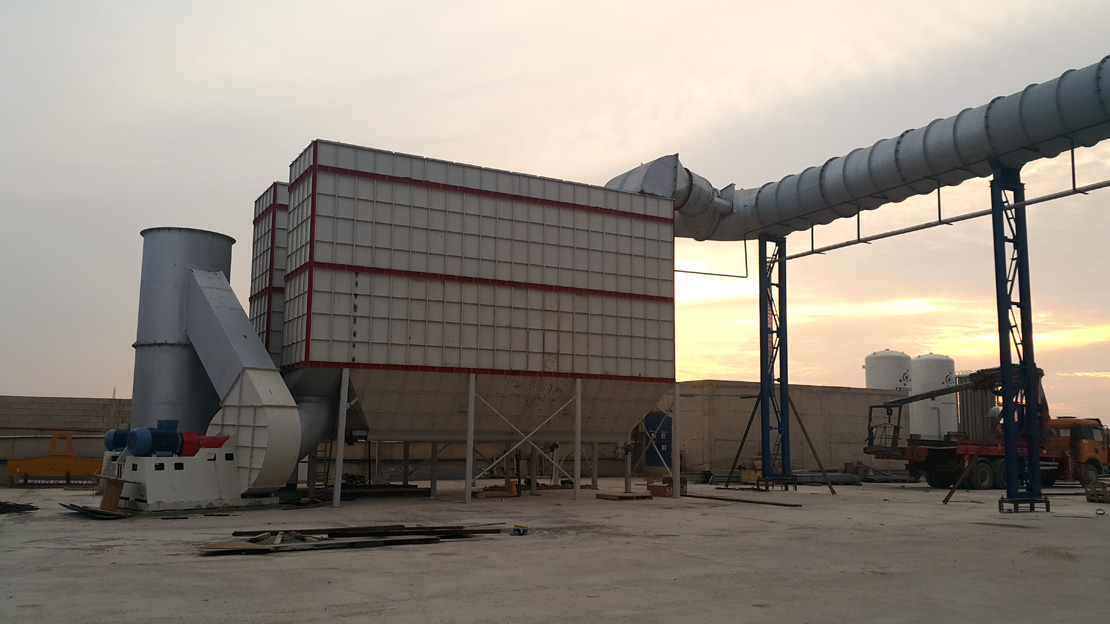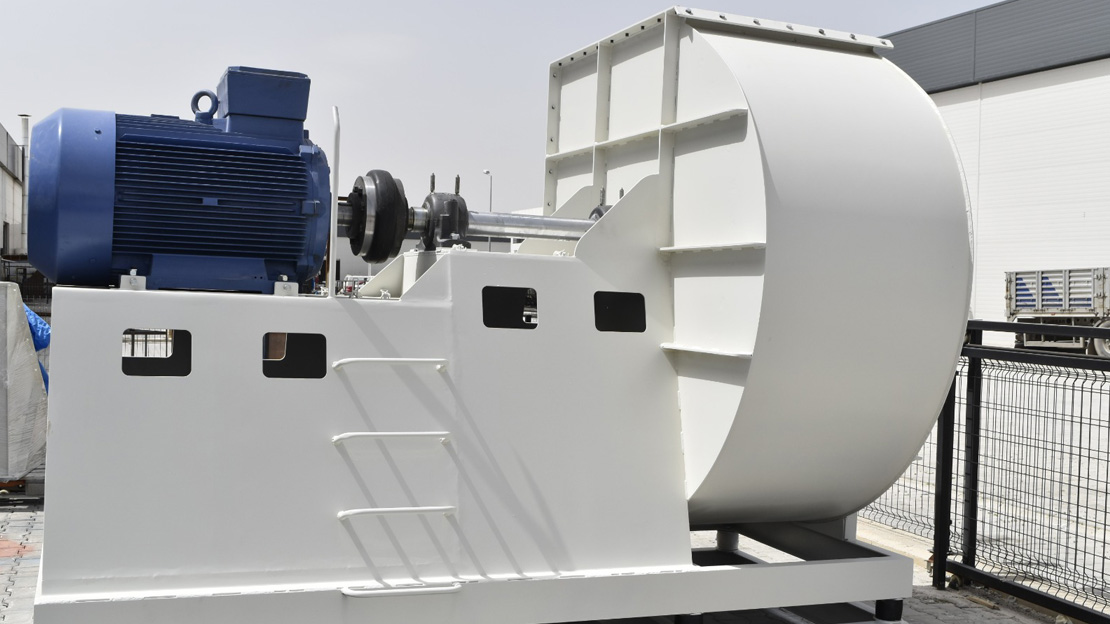








Exhaust Ventilation Systems Exhaust ventilation systems work by reducing the building's pressure. By reducing the indoor air pressure below the outdoor air pressure, they draw indoor air from a house while make-up air leaks from leaks in the building envelope and deliberate, passive vents. Diagram of a home's exhaust ventilation system, including airflow direction, infiltration, and negative pressure. Features of Exhaust Ventilation System Exhaust ventilation systems are most applicable in cold climates. In climates with hot, humid summers, depressurization can draw moist air into building wall cavities, where it can condense and cause moisture damage. Exhaust ventilation systems are relatively simple and inexpensive to install. Typically, an exhaust ventilation system consists of a single fan connected to a single centrally located exhaust point in the house. A preferred option is to connect the fan to ducts in several rooms (especially rooms where pollutants are prone to build up, such as bathrooms). Adjustable, passive vents can be installed through windows or walls to provide fresh air rather than relying on leaks in the building envelope. However, passive vents can be ineffective because pressure differentials greater than the pressure caused by the vent fan may be required to function properly. Why Exhaust Ventilation System? Spot ventilation exhaust fans installed in the bathroom but operating continuously represent an exhaust ventilation system in its simplest form. One concern with exhaust ventilation systems is that they can draw pollutants into the house along with the fresh air. For example, in addition to drawing in fresh outdoor air, they can also draw: • Radon and molds from a crawl space • Dust from the attic • Fumes from an attached garage • Flue gases from a fireplace or fossil fuel water heater and furnace.
This can be of particular concern when bathroom fans, vent fans and clothes dryers (which also depressurize the home while they are running) are operated while an exhaust ventilation system is also running. Exhaust ventilation systems can also contribute to higher heating and cooling costs compared to energy reclaim ventilation systems because exhaust systems do not soften or remove moisture from the make-up air before it enters the house. Act now for detailed information on this subject.
Bu site çerezler kullanır. Sitede gezinmeye devam ederek çerezlerimizin kullanımını kabul etmiş olursunuz.
Daha fazlası